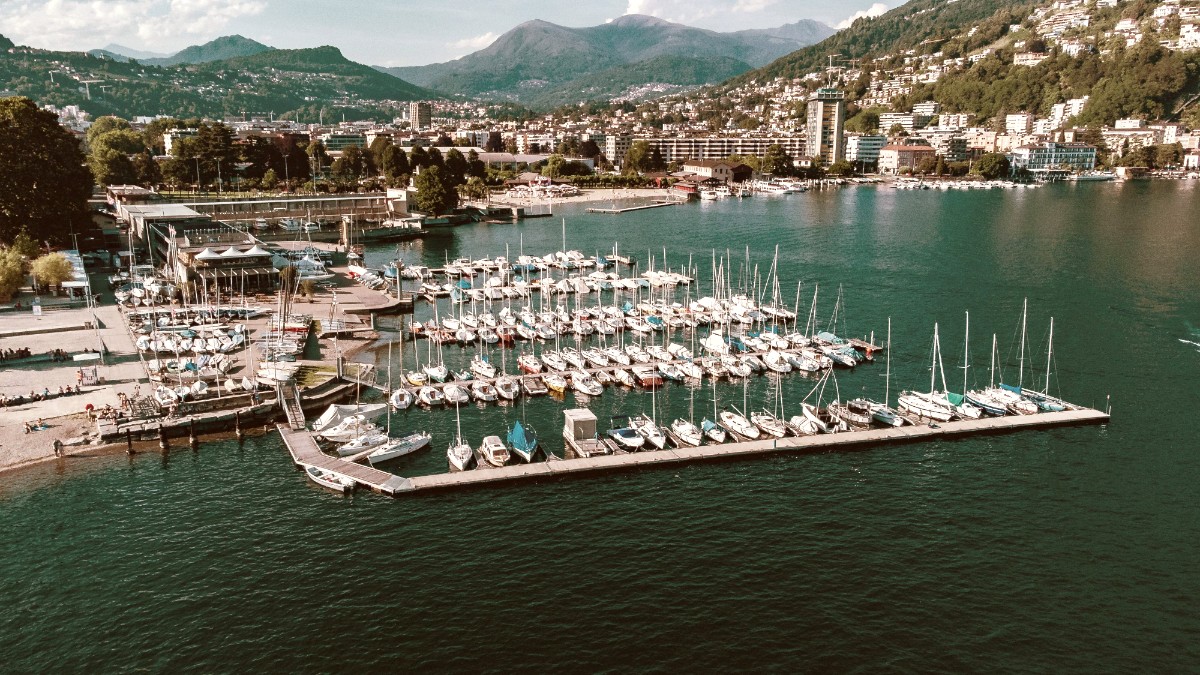
Ticino, Switzerland
Parco Nazionale del Locarnese focuses on conserving mountainous areas. Respect marked trails and regulations. Lake Maggiore efforts maintain water quality.
Switzerland has good waste management systems. Find separate bins for PET plastic, glass, paper, aluminum, and organic waste.
While Switzerland has abundant water resources, responsible use is still encouraged. Be mindful of your water consumption at your accommodation.
Make choices that support the environment and local heritage.
Consider offsetting your flight emissions through reputable carbon offset programs like Terrapass.
Look for hotels with recognized environmental certifications, like the Swisstainable label.
Support local museums, heritage sites, and traditional artisans. Your entrance fees and purchases aid preserving these cultural assets.
Be polite and greet locals in Italian. Respect personal space. Follow local customs regarding noise levels, specifically in residential areas, especially in the evenings.
Look for "Swiss Made" products and locally sourced goods. This directs money to local producers.
Find sustainable outdoor gear herePrioritize dining at local restaurants and cafes over international chains. Purchase souvenirs from independent shops.
Discover ethical tour operatorsYour travel choices create a positive impact on Locarno's environment, culture, and economy.
Your visit directly benefits the local economy when you choose ethical and local options.
Choosing locally owned guesthouses, restaurants, and shops directly benefits the local economy and aids small businesses.
Seek out "Swiss Made" products and artisan crafts. This directs money to local producers.
Switzerland has strict labor laws and a high living standard. Exploitation of workers is not a concern for tourists.
If you wish to donate, do so through established, reputable local charities or non-profit organizations. This directs contributions to those genuinely in need.
Use public transport. Carry a reusable water bottle.
Purchase local crafts and goods.
Stay on marked trails, dispose of waste correctly.
Thoughtful choices contribute to a more sustainable and rewarding travel experience for all.
Minimize your waste production. Carry a reusable water bottle. Bring a reusable shopping bag for supermarket visits.
It is generally acceptable to photograph landscapes and public spaces. Be respectful of people's privacy; ask permission for close-ups.
Support ethical businesses and local artisans. Choose products that reflect sustainable practices.
Look for local products.
Choose goods with fair trade certifications.
Seek out environmentally responsible products.
Avoid activities that could be exploitative or harmful to the environment or local culture. Adhere to all local regulations and safety guidelines.
Your actions as a traveler shape the experience for yourself and future visitors.